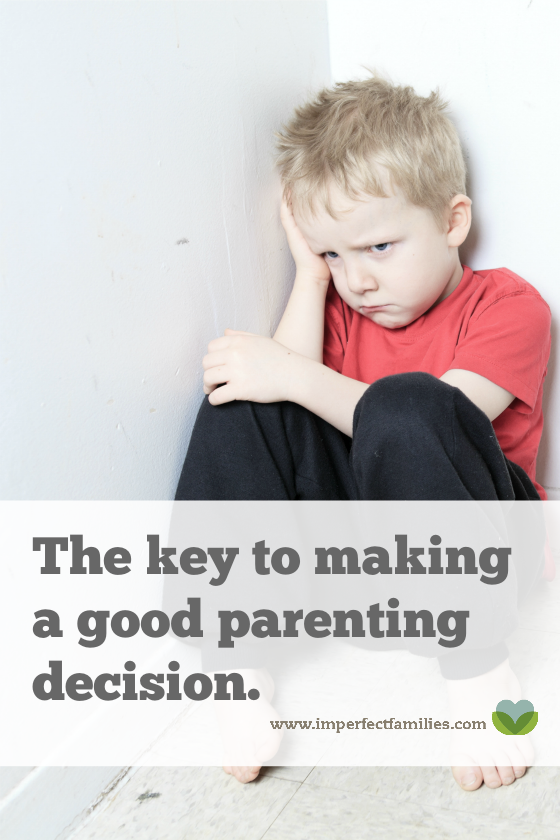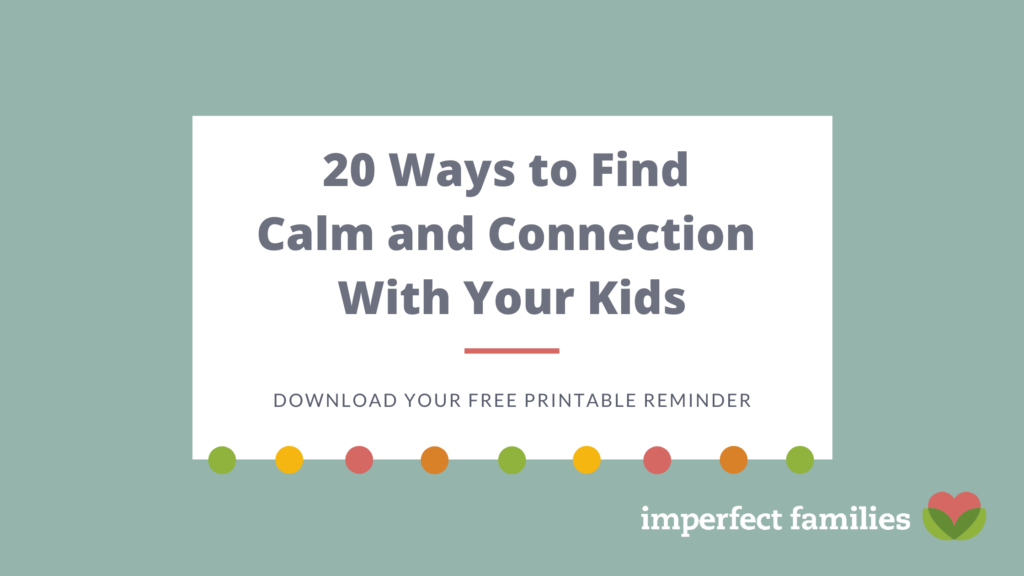Your toddler is having a tantrum in the middle of Target. Or, maybe your tween is having a tantrum in the middle of Target.
You look around. People are starting to stare, most are actually glaring. You feel judged. You feel like a horrible parent.
In desperation, you plead with your child to calm down, but they just ramp it up louder. Finally, you yell, “That’s it, we’re leaving!” Maybe you grab your child’s arm or force them into the cart.
This is definitely not the good parenting decision you were hoping to make in this moment.
You are furious. Angry.
Unable to finish your shopping, you begin to lecture and dole out punishments.
Why won’t kids just calm down when we ask them too? Don’t they know that life would be much simpler if they just stopped tantruming!?
What’s a parent to do?
This may come as a shock, but in this moment, one of the most powerful parenting strategies is: Calm Yourself First.
Focus on getting your own feelings under control rather than focusing on getting your child to calm down or stop a tantrum.
This may mean that you take some deep breaths, repeat a parenting mantra, stretch, or take a break.
Wait, WHAT? Let my child continue to tantrum?
Yep.
The benefits of staying calm.
- When you are able to stay cool, calm and collected – even in the heat of the moment – you will feel more in control, think more clearly and offer more support to your child. This means, instead of feeling frazzled and responding with force or aggression, you can assess the situation and make a better choice.
- You provide a wonderful model to your child. As you verbalize what you need (“I need to take a deep breath”) or what you are thinking (“This is not the best time to talk about this problem, let’s talk when we’re both calm“), you are giving your child options for handling their own anger in the future.
- It allows you to say what you want to say – instead of what you were going to say. Once you are calm, you can send a comforting, loving message to your child, “I’m here, I know this is frustrating, but we can work it out together.” Or, “I am your parent, even though you may be feeling out of control, I am able to handle your strong feelings.”
Wow, that’s pretty powerful stuff. Imagine how that will feel from your child’s perspective!
It may take practice (that’s ok).
Calming yourself rather than trying to force your child to calm down may not come naturally for you. That is ok. Parenting is a work in progress. Making any change takes time.
Give yourself permission to stop at any point – even after you have started yelling – to calm yourself. If you notice that you are saying, “calm down” or “stop that” to your child, it may be a clue that you are feeling out of control and need to change your focus to your own behavior first.




Comments have been turned off to retain the privacy of all families. If you have a question or comment on the topic, you're always welcome to contact me.